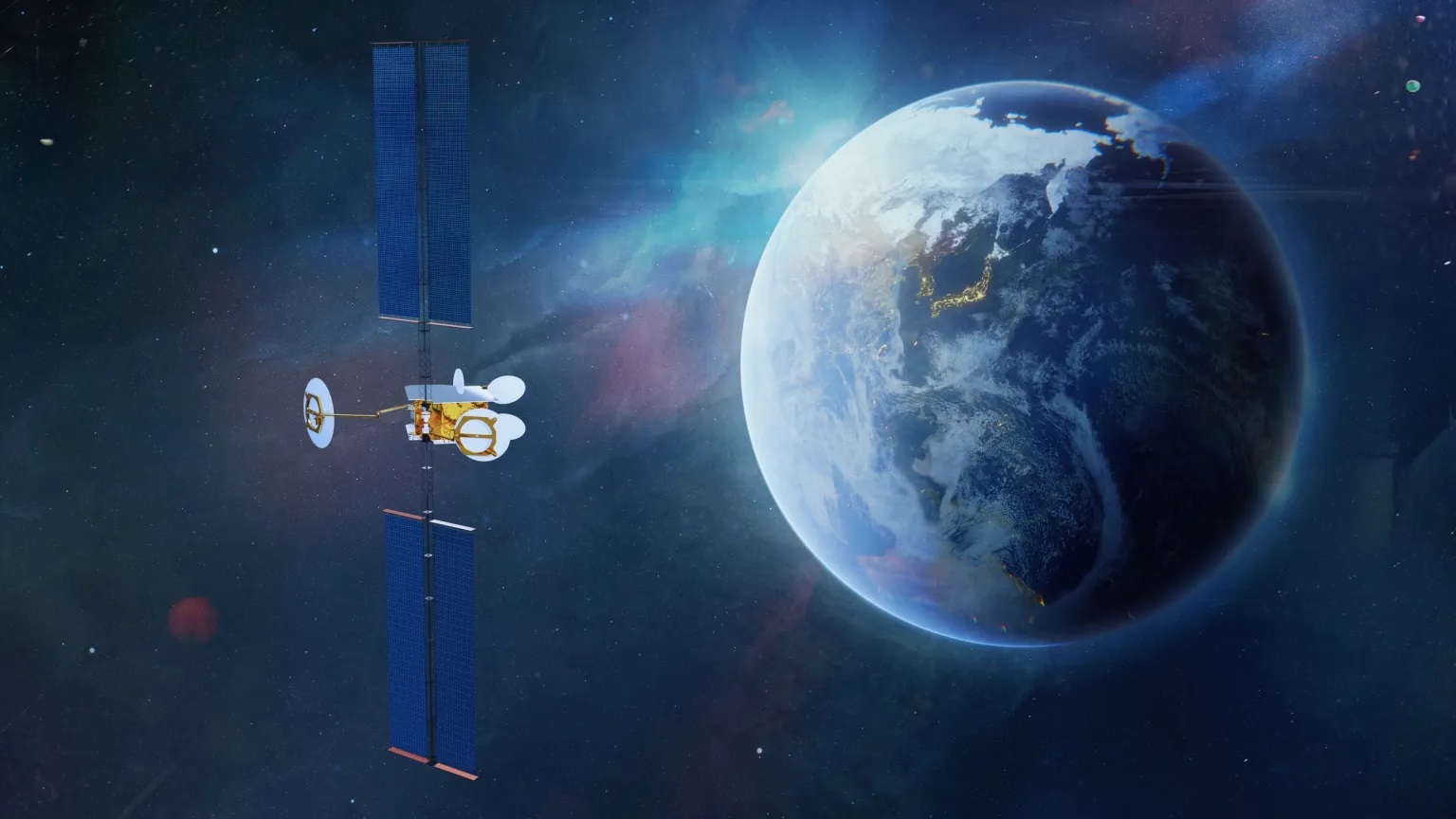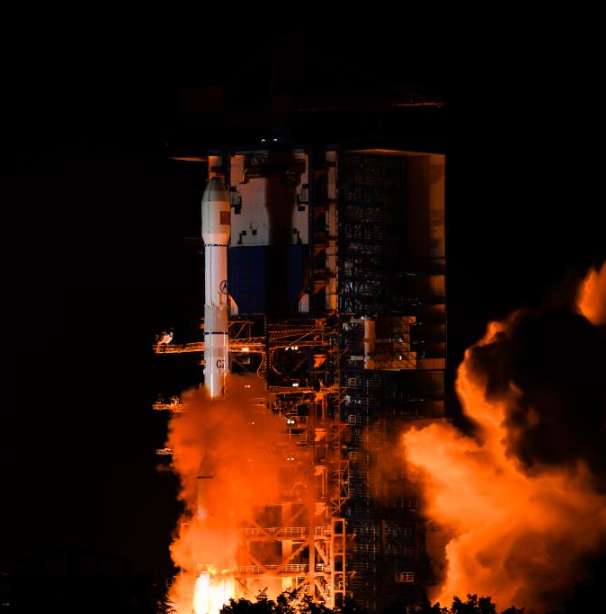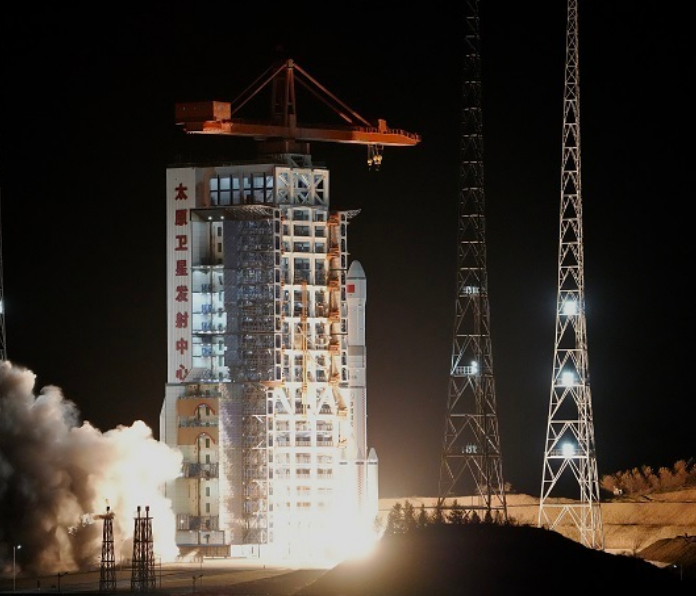04
2024-11
Airbus keeps options open for European industry consolidation
 (Credit: Airbus)
(Credit: Airbus)
WASHINGTON — Airbus is keeping its options open for some kind of merger of its space business with another company as it continues to assess potential additional losses there.
Speaking at an Oct. 30 earnings call, Guillaume Faury, chief executive of Airbus, said he would consider options that would consolidate specific lines of business in its Defence and Space division with another company rather than the entire space unit.
“Our space activity when it comes to satellites is a diverse one,” he said, noting it ranges from communications satellites to exploration and science missions. “Ideally, we find solutions that cover all the segments, but we could also find solutions that are a bit subscale.”
There have been rumors since the summer that Airbus was in discussions with Thales Alenia to combine their space businesses, both of which have suffered from a decline in commercial GEO communications satellite orders. Airbus took a charge of 900 million euros ($980 million) in June for the first half of the year on its Space Systems business and announced Oct. 16 it would cut up to 2,500 jobs in Defence and Space by mid-2026.
Faury said improving its space business “starts with ourselves” through measures like a more disciplined approach to bidding for specific projects and “resizing and readapting the space business to what we can do in a profitable way.”
“There is potential for consolidation in Europe,” he continued, citing interest in Europe for space and defense companies “at the size that will make competition outside of Europe with non-European players healthier ones.”
“First and foremost, we are dealing with what is fully in our control. And then we are looking at other opportunities, including, but not limited to, consolidation in Europe,” he concluded. He did not discuss any specific opportunities for such consolidation.
The health of the European space sector has raised concerns among government customers like the European Space Agency. At an ESA Council meeting that concluded Oct. 24, agency officials said they have proposed measures like increasing the size of downpayments on new contracts as a way to help struggling companies.
“In general, industry is under pressure and, as ESA, we very carefully look into the situation,” said ESA Director General Josef Aschbacher. He declined to comment, though, on reports of a potential combination of the Airbus and Thales space businesses, noting it was at “the very beginning of the discussion.”
Airbus, in the earnings call, did not disclose any new charges against its space business n addition to what it disclosed in June. However, executives said they are continuing to review one unnamed space program that could result in additional charges before the end of the year.
Faury called that ongoing review “the complete assessment of the program from the top to the bottom and the bottom from the top” including supplier reviews. He said that assessment, including any changes in estimates at completion that would result in new charges against earnings, should be completed before the end of the year.
“We’re making good progress in the assessment of the program,” said Thomas Toepfer, chief financial officer of Airbus, but noted the complexity of the analysis kept the company from offering any interim results. “But we are very certain that by the end of the year we will also have assessed this program, and that should then conclude the story around space with our assessments.”
-
29
2025-05

Tianwen-2 Mission Launched Successfully
At 1:31 AM today, China successfully launched the Tianwen-2 planetary exploration probe from the Xichang Satellite Launch Center using the Long March-3B Y110 carrier rocket.
-
13
2025-05

Communication Technology Experiment Satellite No. 19 Successfully Launched
At 2:09 on May 13, China successfully launched the Communication Technology Experiment Satellite No. 19 from the Xichang Satellite Launch Center using a Long March 3B carrier rocket. The satellite smoothly entered its predetermined orbit, and the launch mission was a complete success.
-
12
2025-05

Remote Sensing Satellite No. 40, Group 02, Successfully Launched
On May 11 at 21:27, China successfully launched the Remote Sensing Satellite No. 40, Group 02, from the Taiyuan Satellite Launch Center using a Long March 6A carrier rocket. The satellite entered its predetermined orbit smoothly, and the launch mission was a complete success.









